- Home | Industry Update | India Tightens Import Routes For Select Bangladeshi Goods, I...
India Tightens Import Routes for Select Bangladeshi Goods, Impacting Textile Trade

In a significant move, India has imposed immediate port restrictions on several key imports from Bangladesh, including ready-made garments, processed foods, and plastic goods. The Directorate General of Foreign Trade (DGFT) announced that these items can no longer enter through land ports, limiting their entry to specific seaports. This decision is expected to reshape trade dynamics, particularly in the textile sector, which forms a major part of bilateral commerce.
Under the revised rules, Bangladesh’s ready-made garments a major export item can only enter India through Nhava Sheva (Mumbai) and Kolkata seaports. Land Customs Stations (LCS) and Integrated Check Posts (ICPs) in Assam, Meghalaya, Tripura, Mizoram, and select West Bengal ports like Changrabandha and Fulbari will no longer process these shipments.
The restrictions exclude essential items like fish, LPG, edible oil, and crushed stone. Additionally, Bangladeshi goods transiting to Nepal and Bhutan remain unaffected. However, Indian apparel manufacturers have long argued that Bangladesh’s duty-free access under SAFTA creates an uneven playing field. This move could be seen as a balancing act to protect domestic industries.
The decision follows controversial remarks by Bangladesh’s Chief Adviser Muhammad Yunus, who recently referred to India’s northeastern states as "landlocked" and positioned Bangladesh as the "guardian of the Bay of Bengal." While officials deny direct linkage, trade analysts suggest geopolitical tensions may have influenced the policy shift.
With India being Bangladesh’s second-largest export market, these restrictions could strain trade relations. Businesses on both sides must adapt swiftly, while policymakers navigate the fine line between economic protectionism and regional cooperation.
10:44 AM, May 18
Source : India Tightens Import Routes for Select Bangladeshi Goods, Impacting Textile Trade
Other Related Topics

Rieter Issues Market Update on Completion of Barmag Acquisition
10:33 AM, Dec 20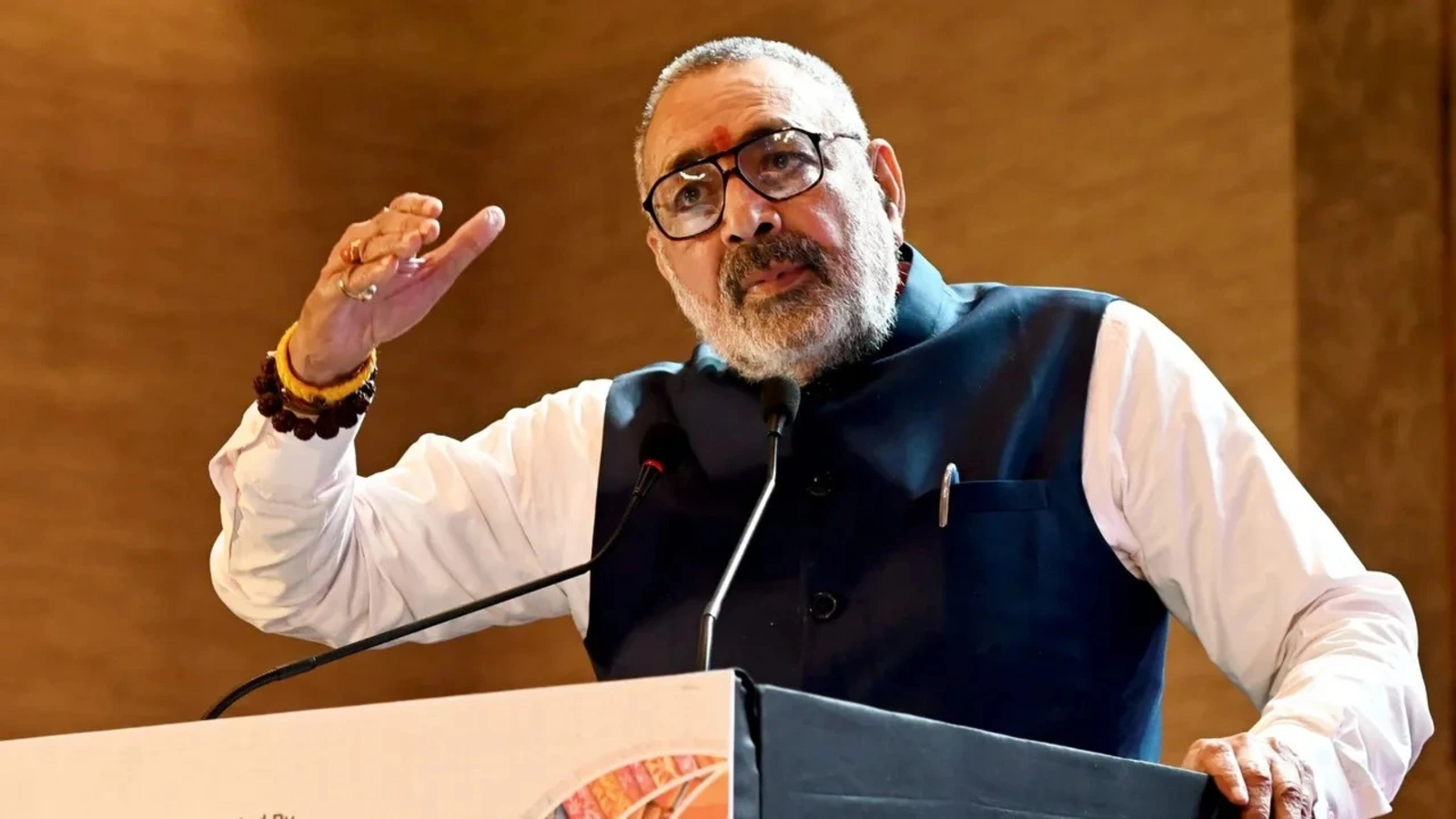
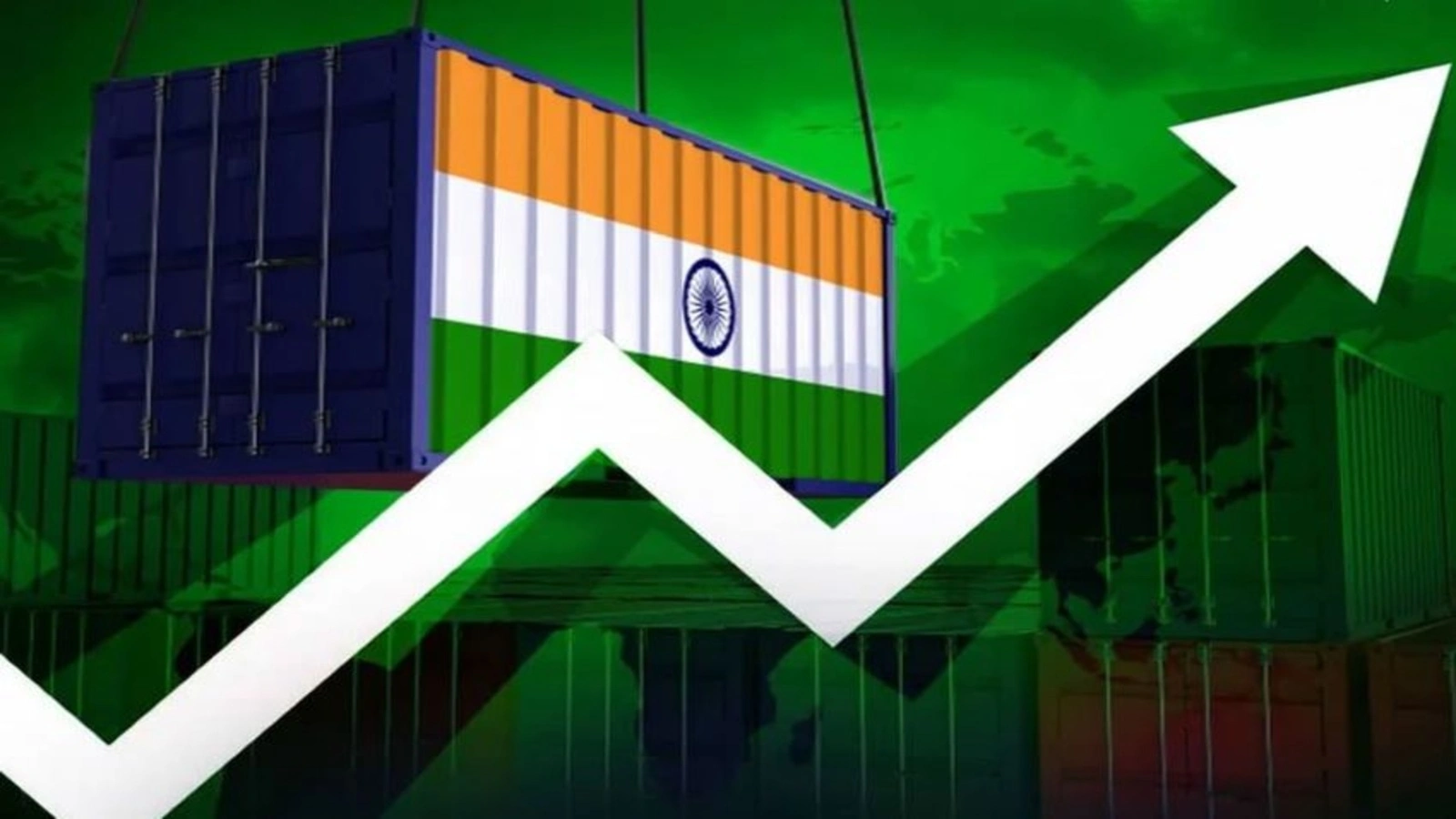
Indian Textile Exports Weave Strong Momentum with November Surge
11:24 AM, Dec 18Industry Update

Carrington Textiles Introduces Defence Stock Range for Faster Access to Military Fabrics...view more



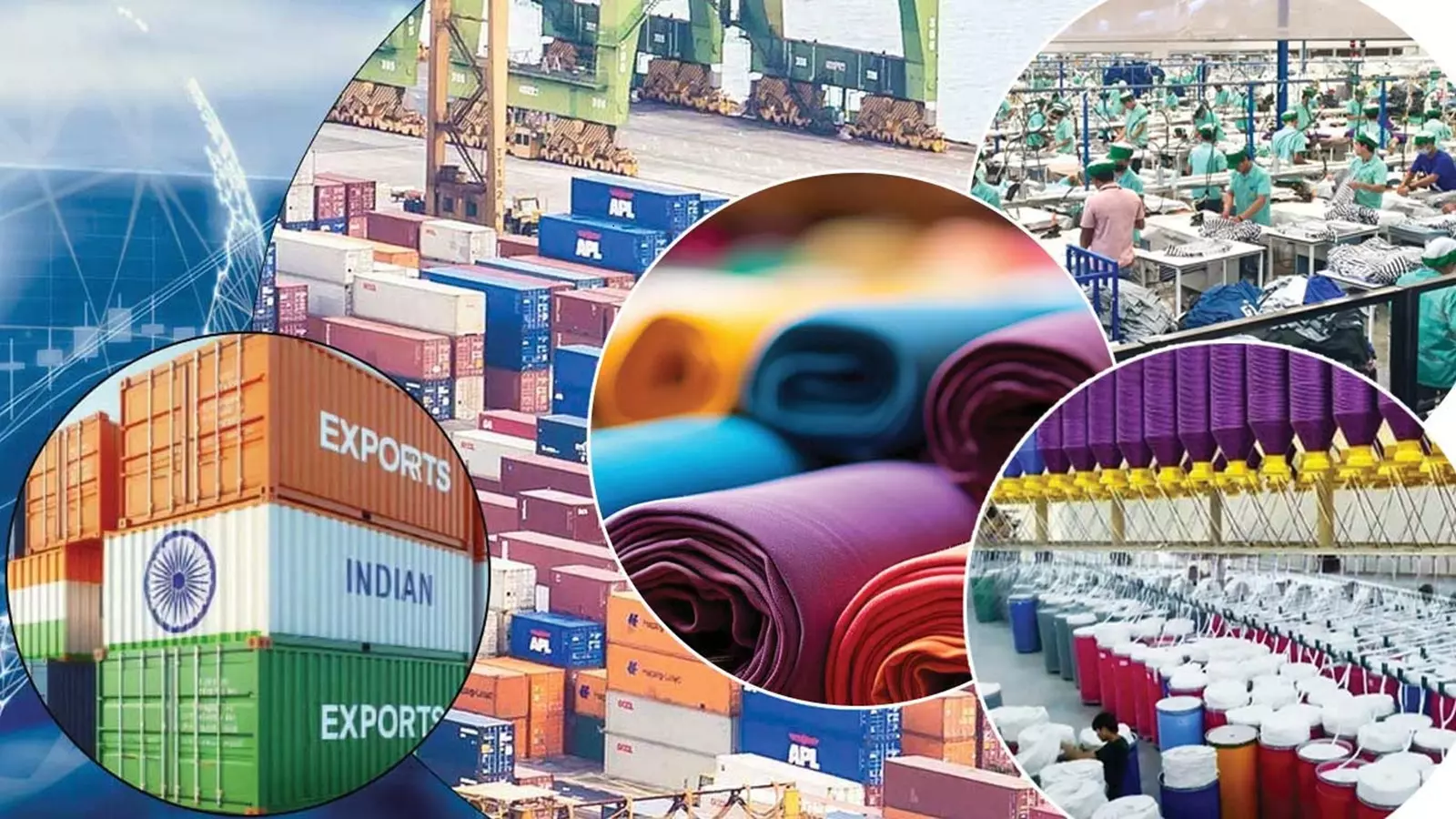
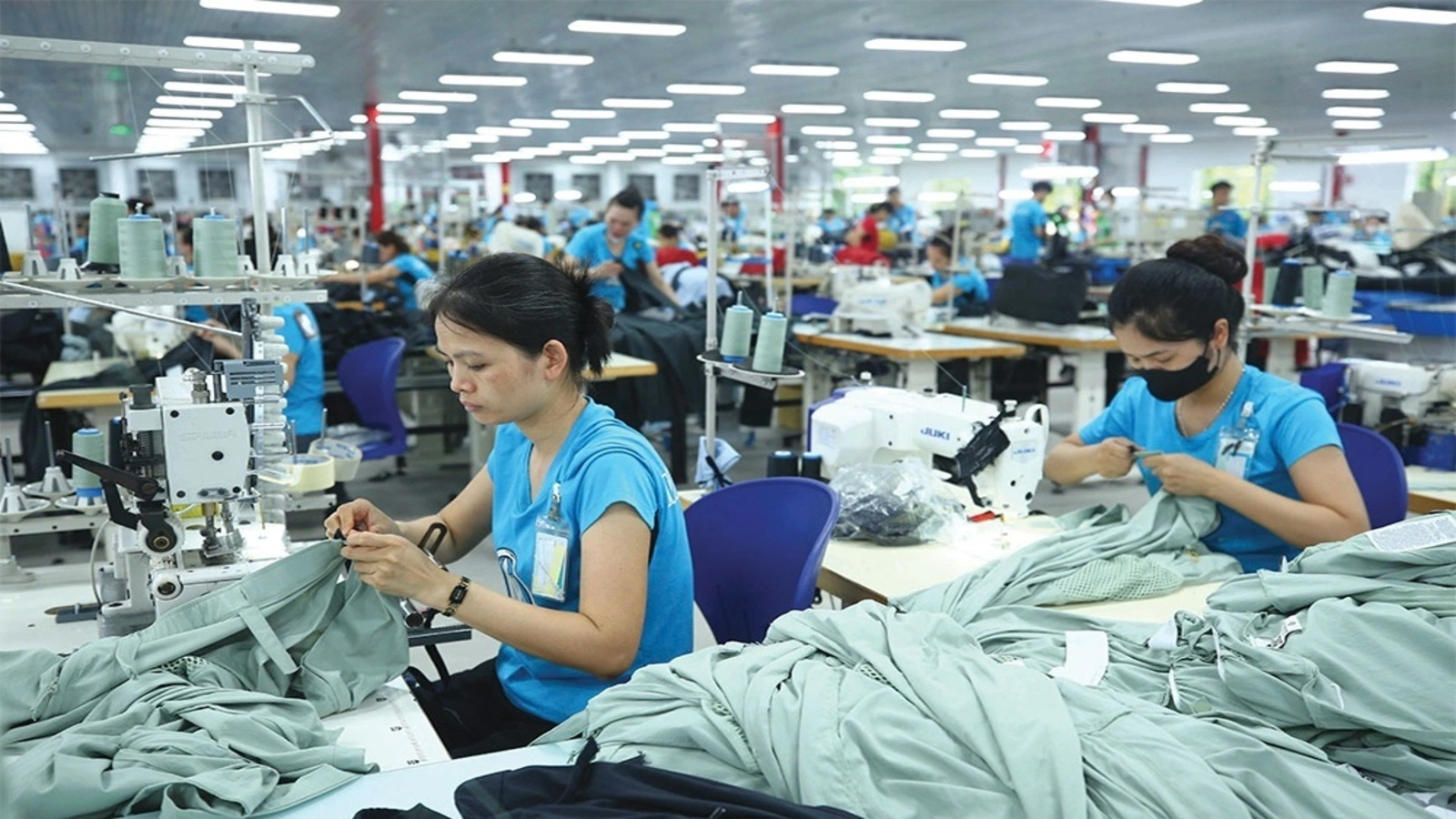
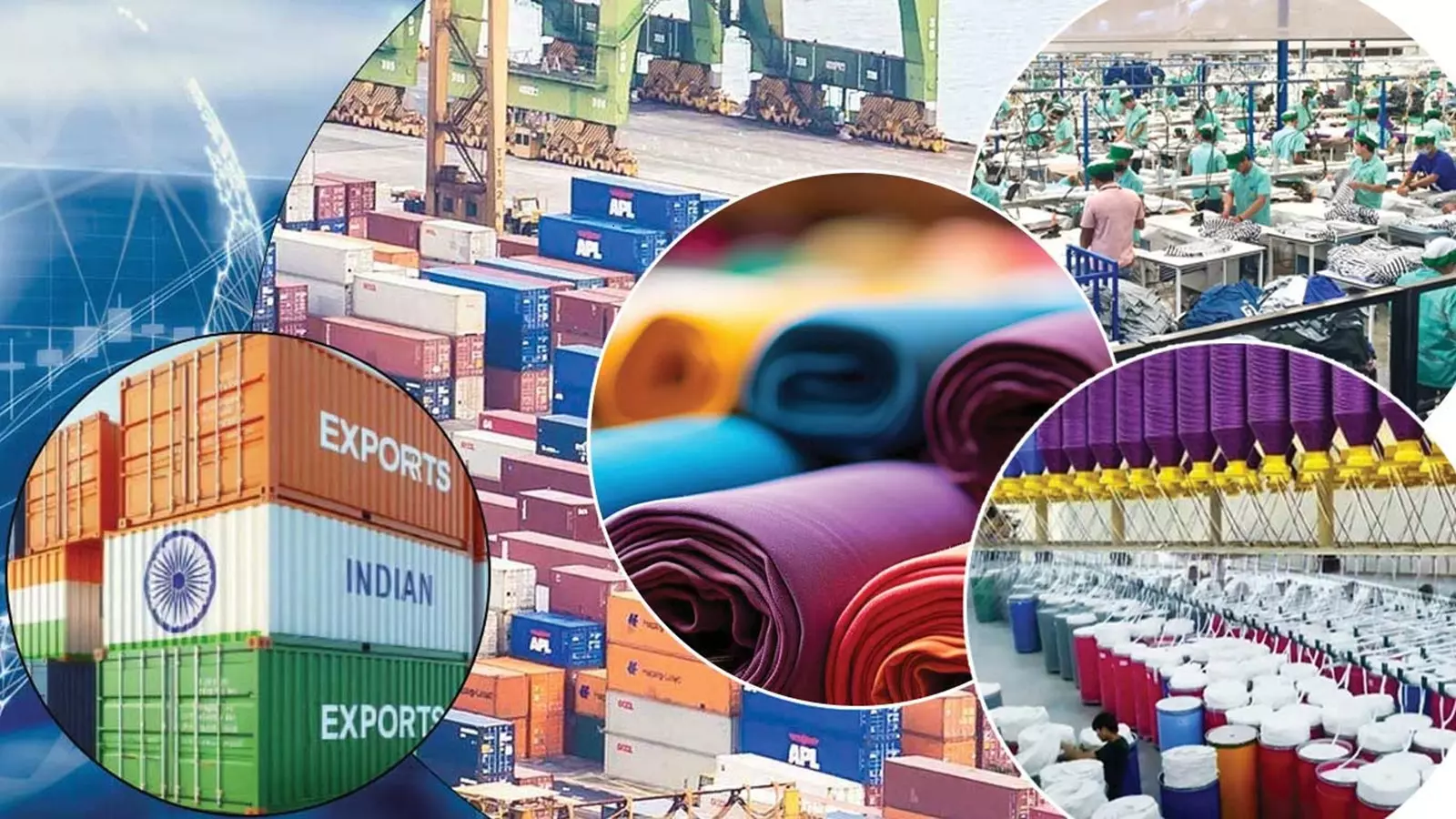

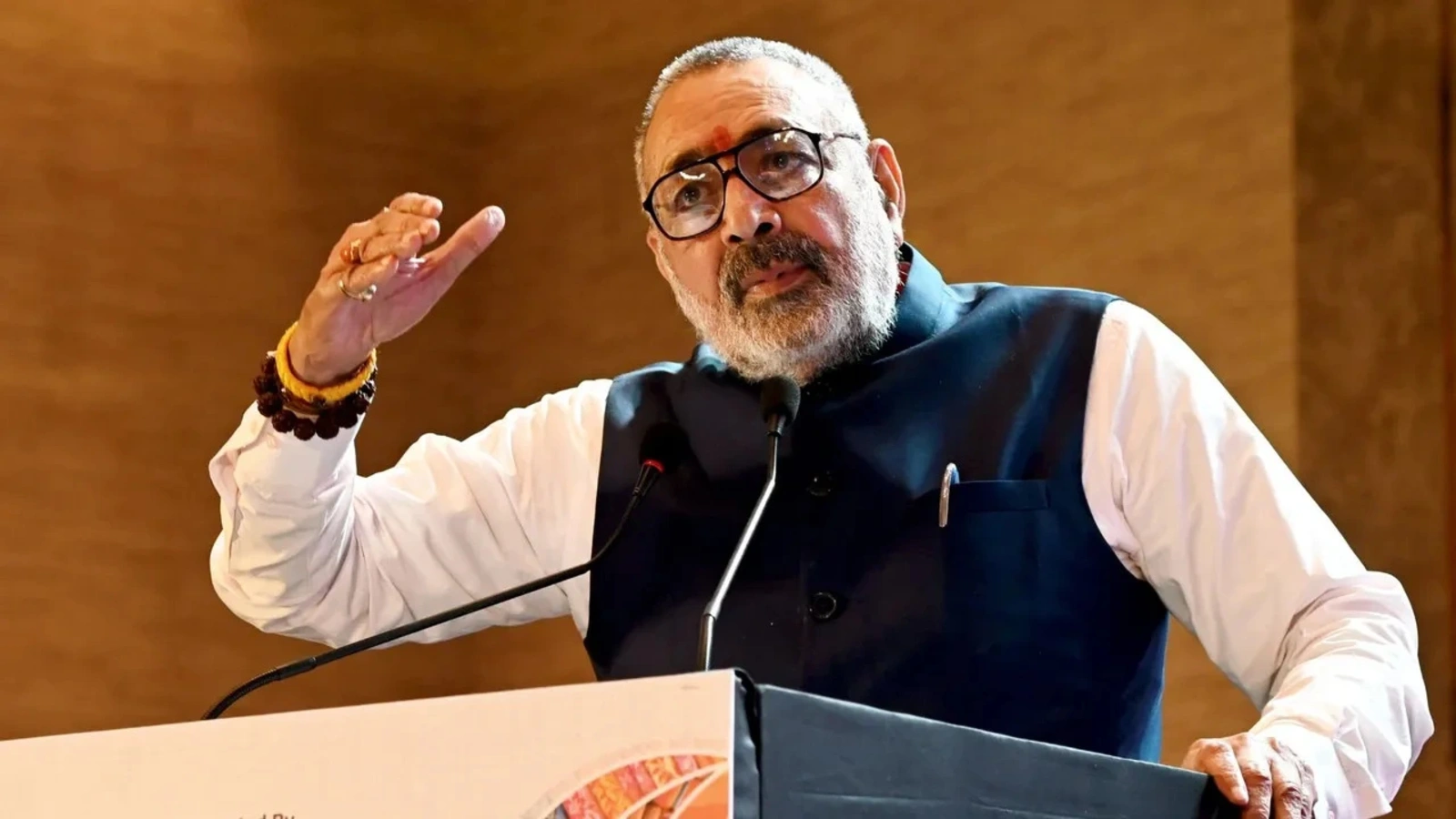
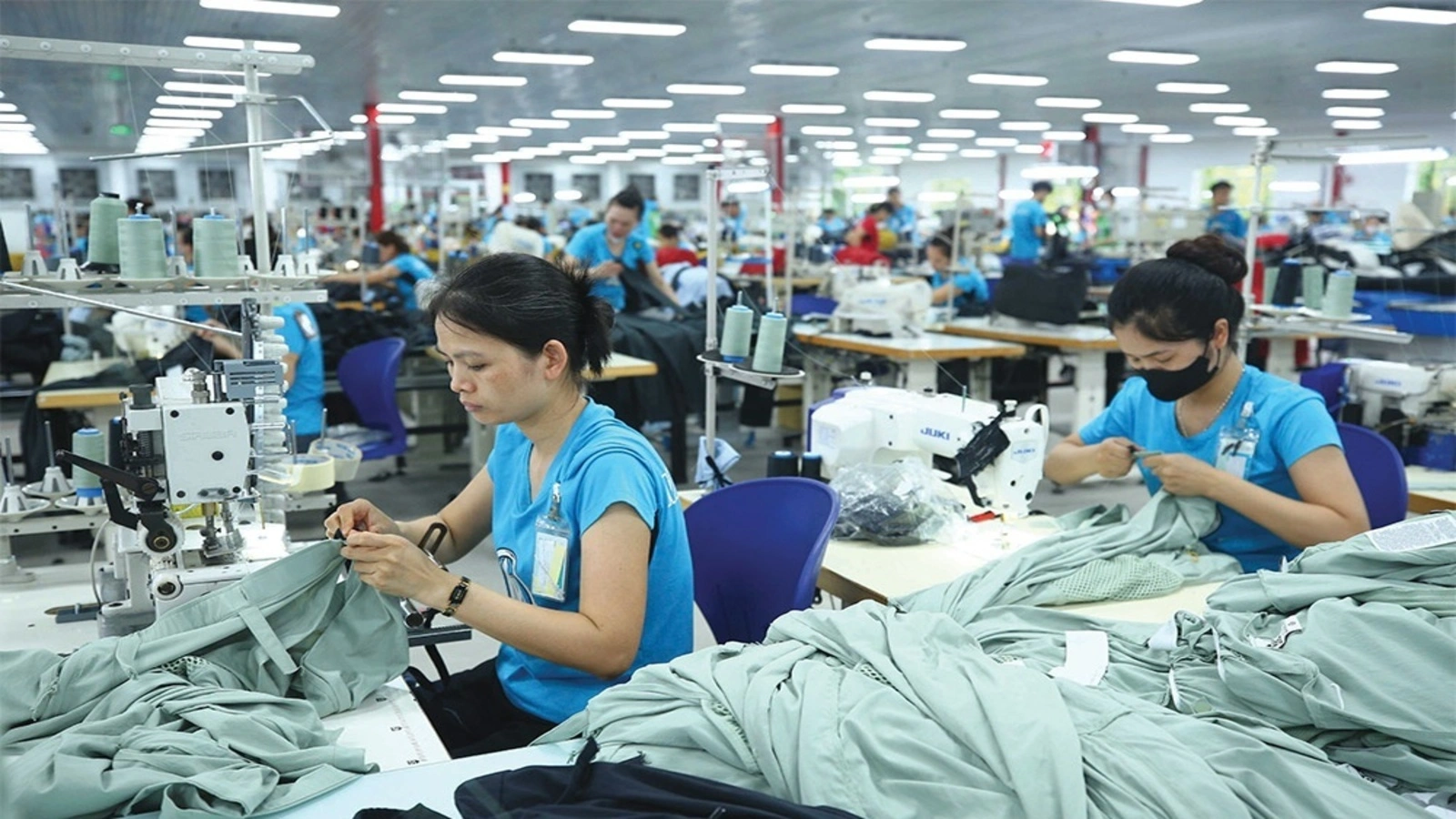
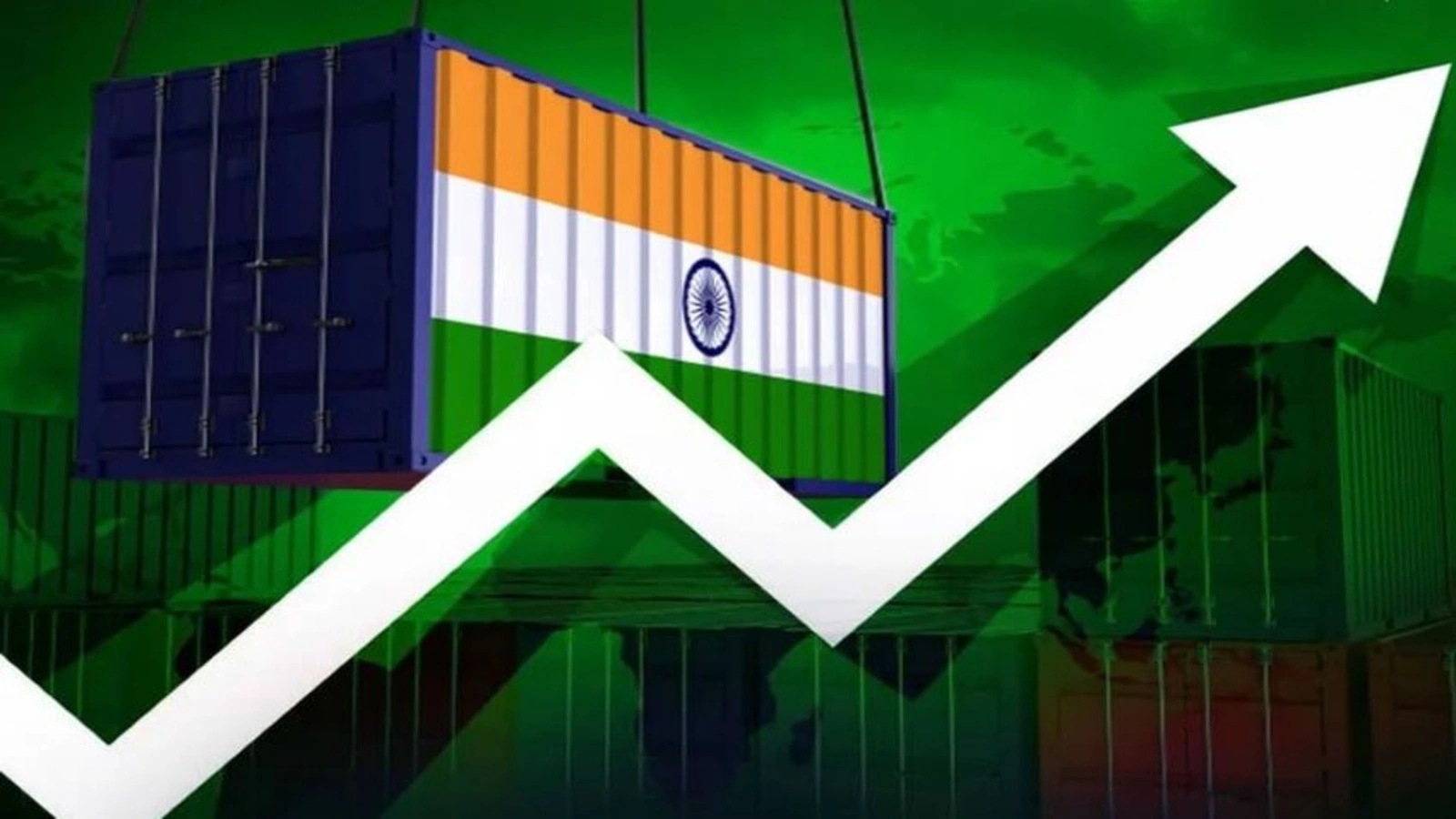
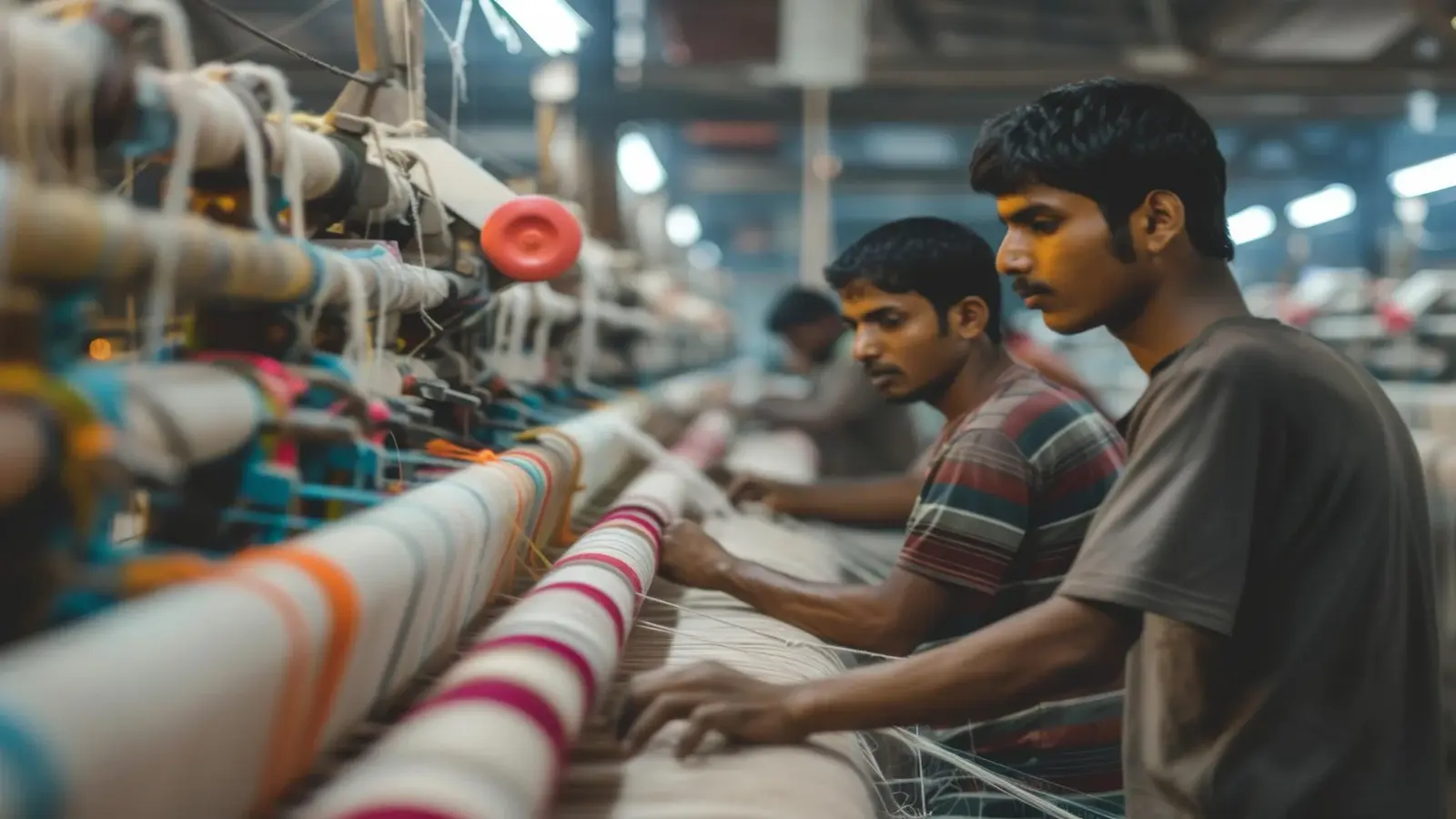

1.webp)
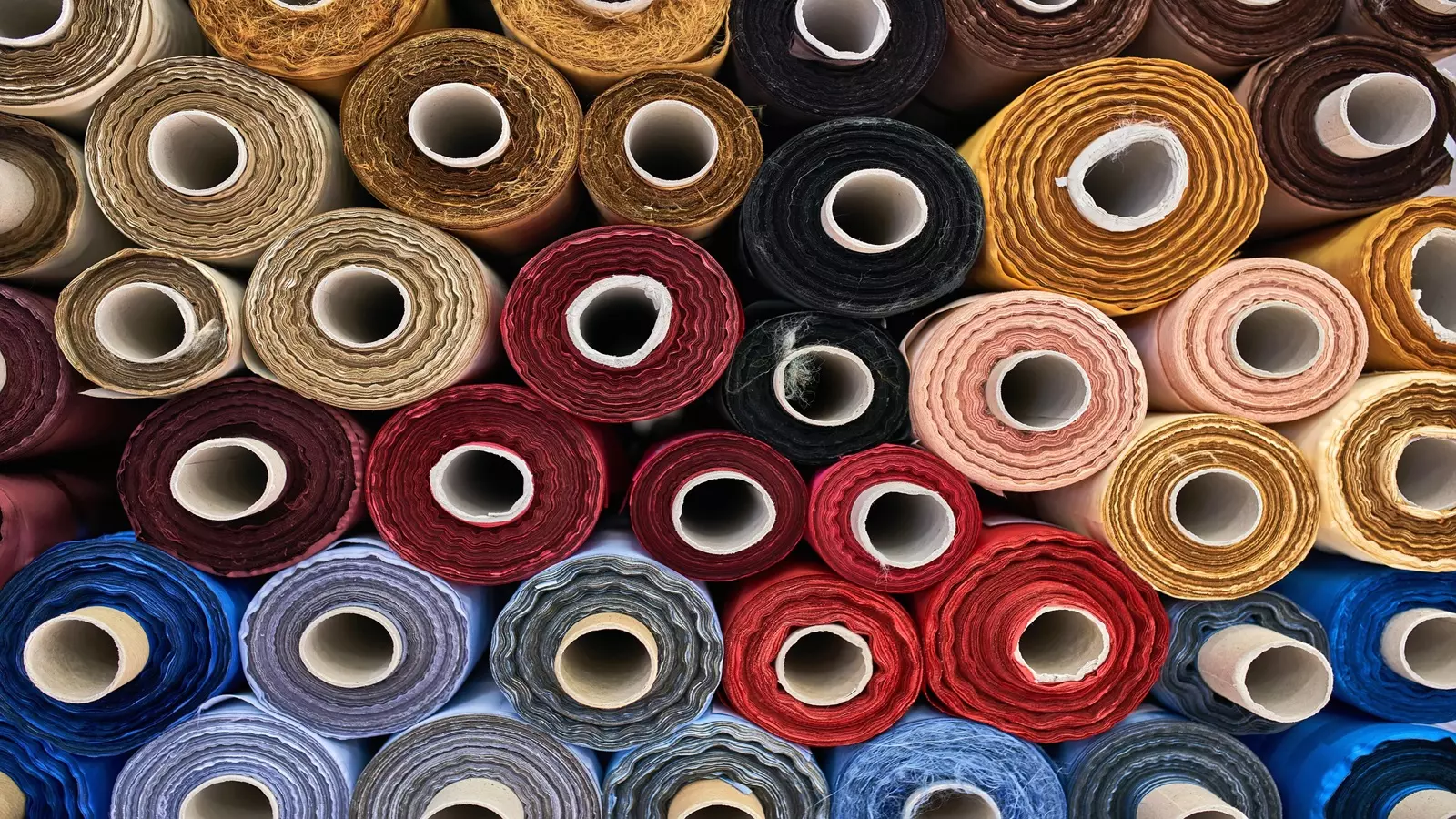





1.webp)

1.webp)
1.webp)
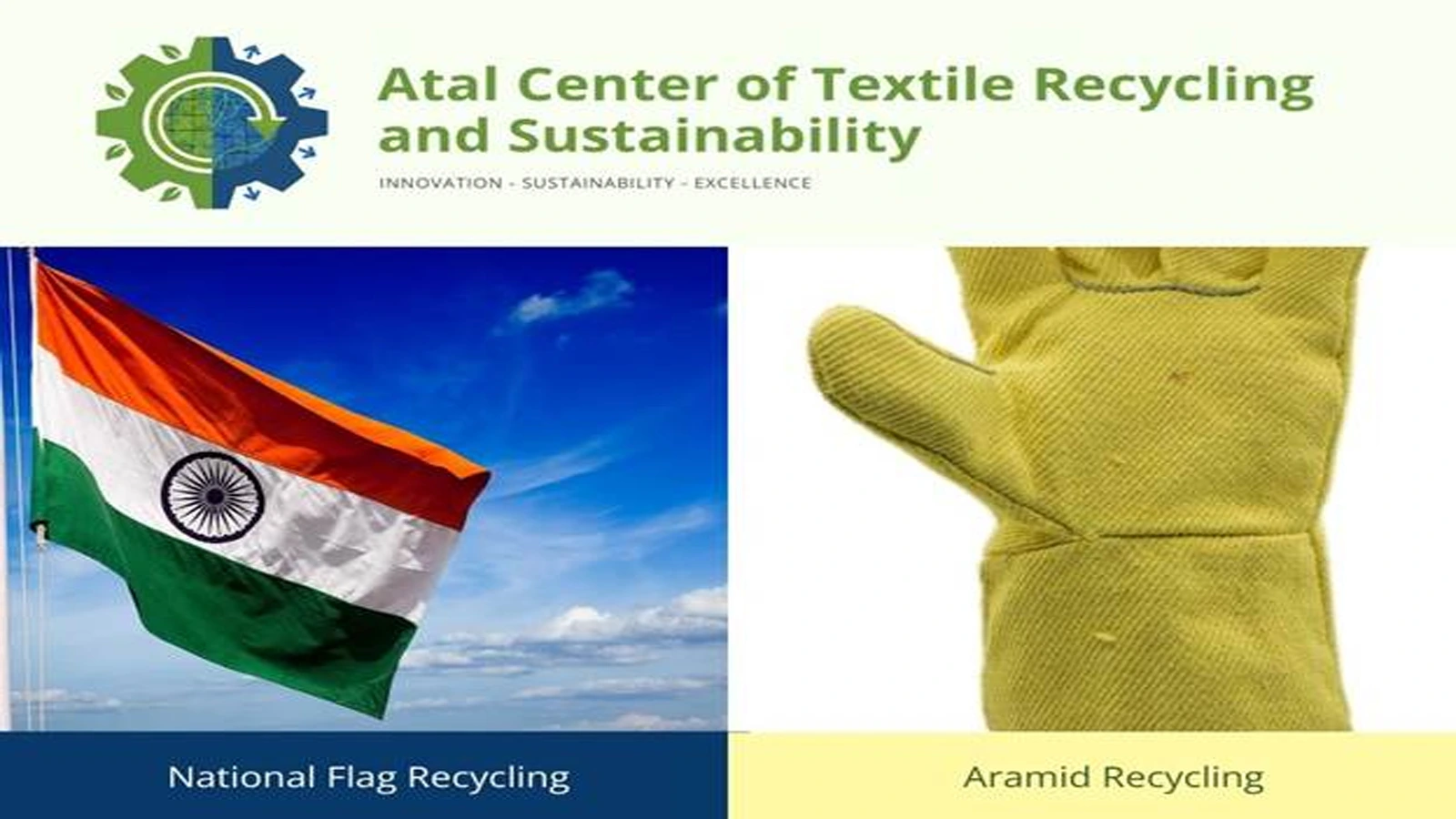
1.webp)

1.webp)

.webp)

1.webp)
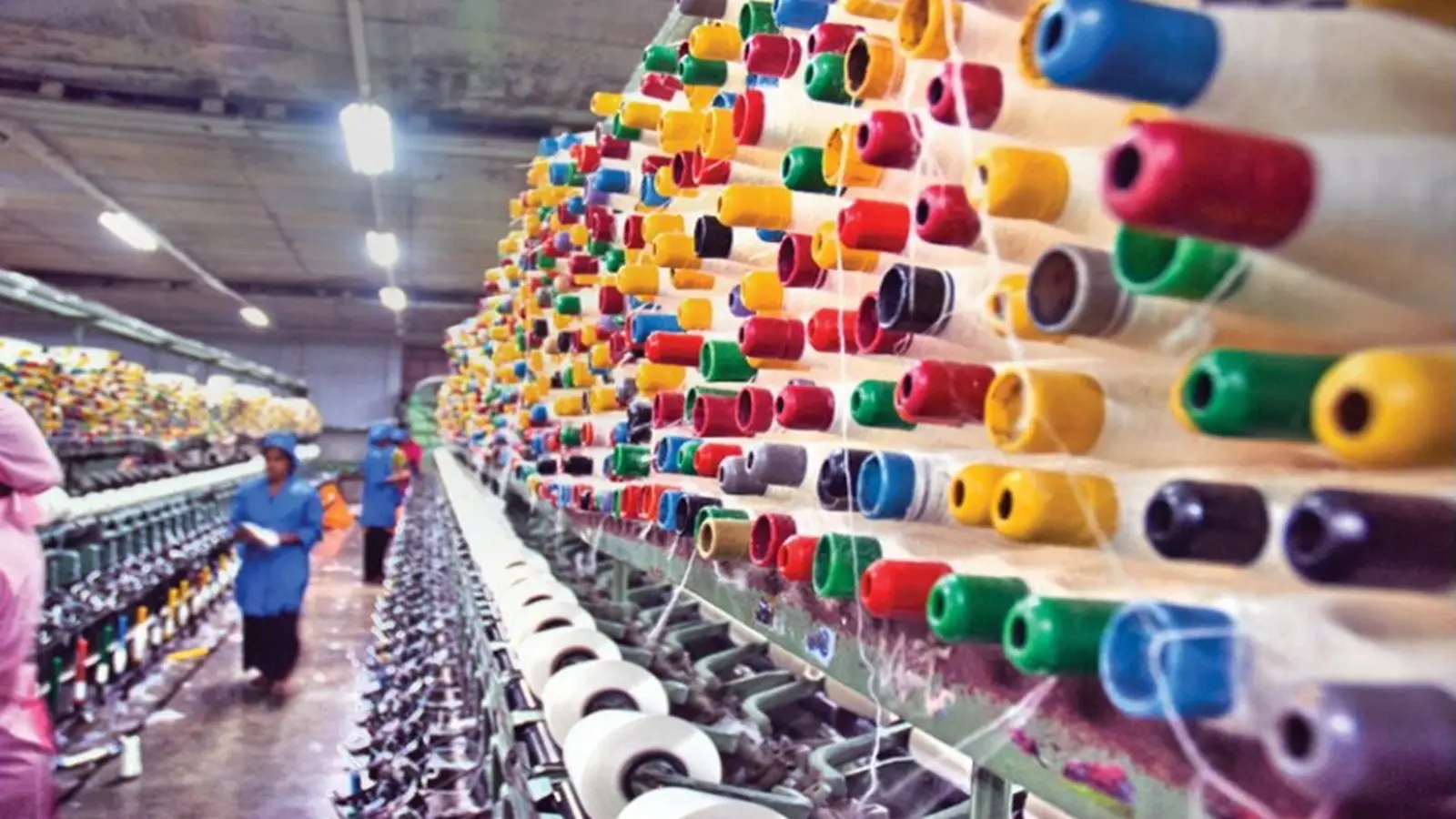
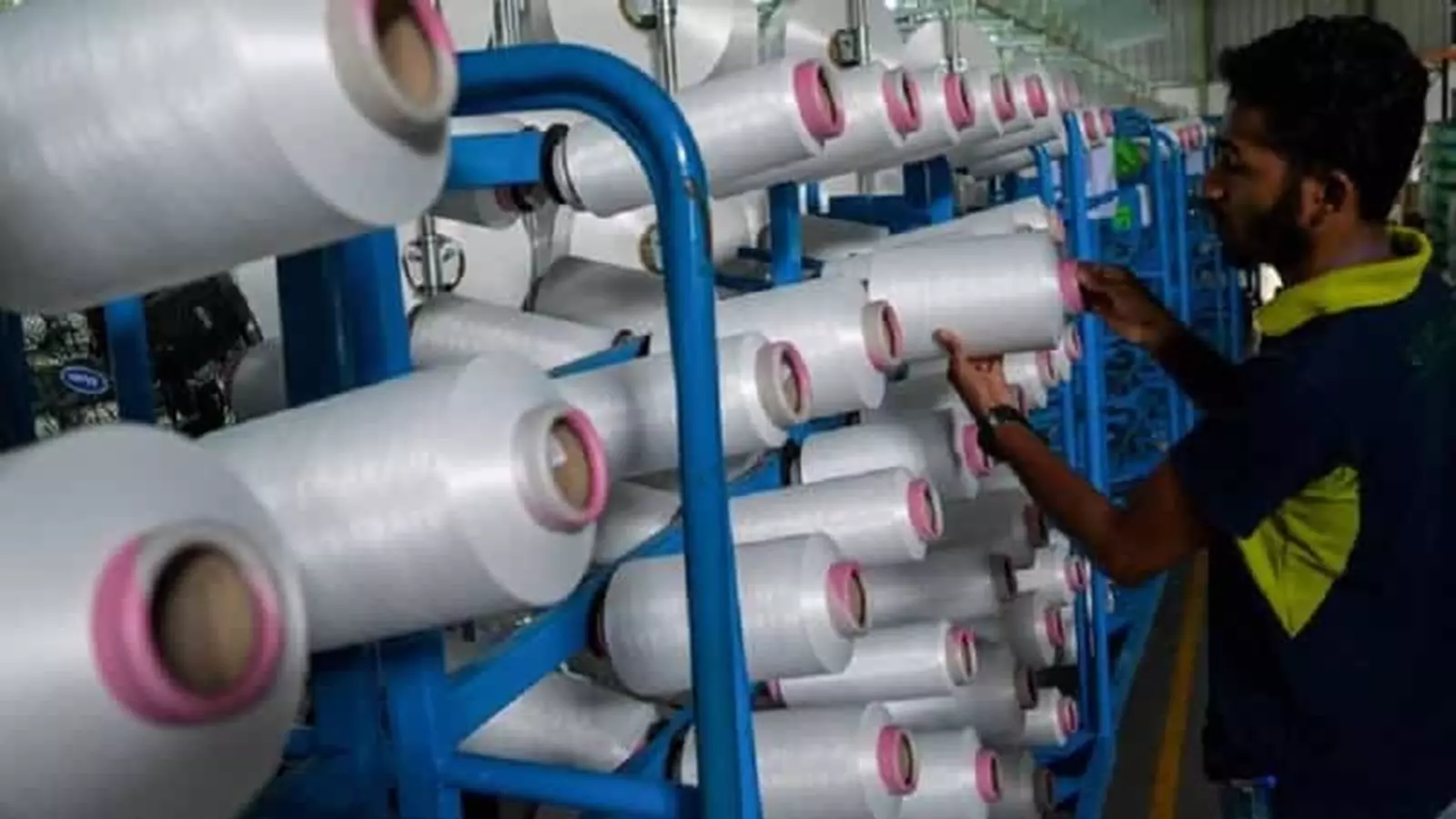

1.webp)







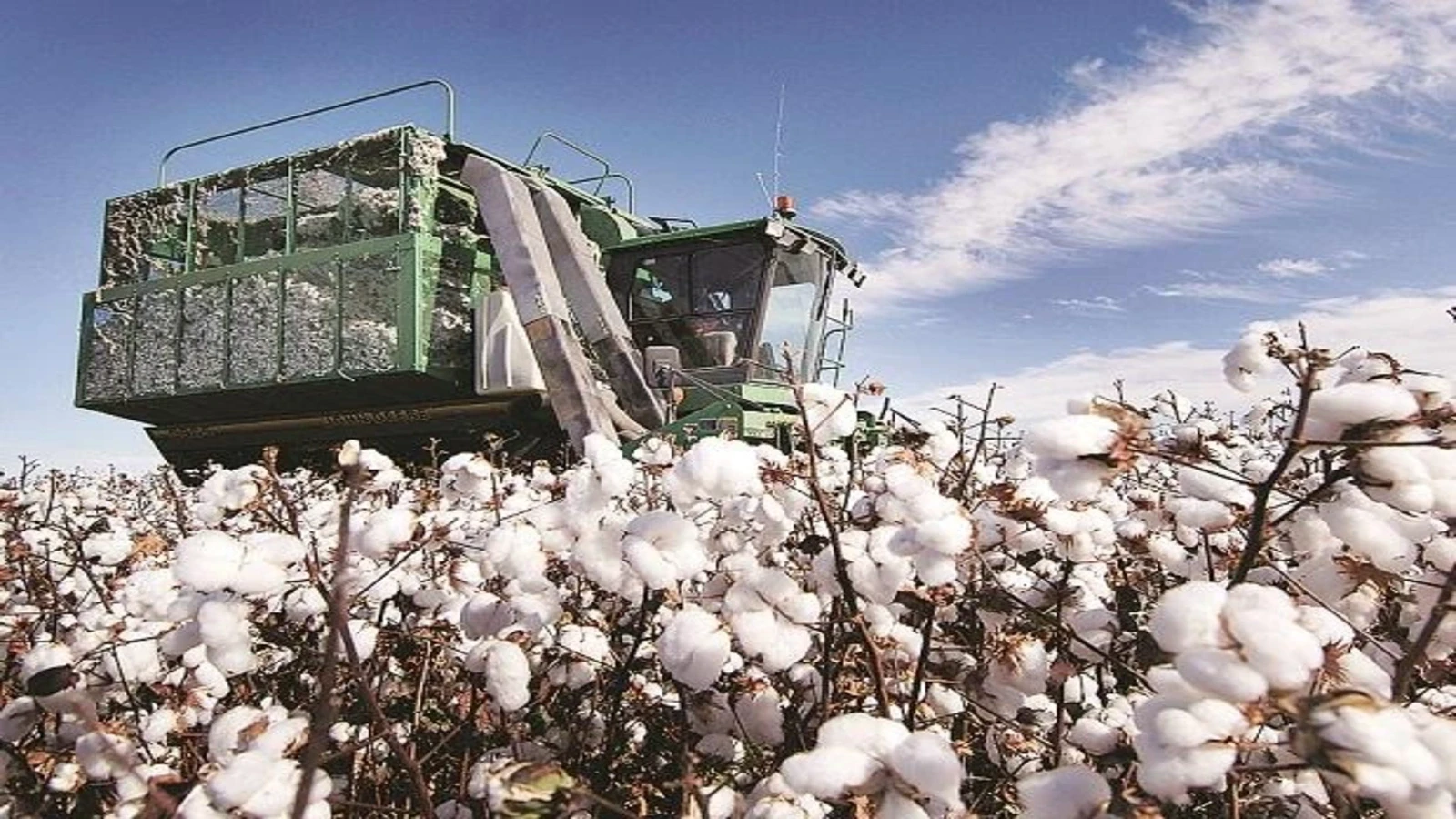
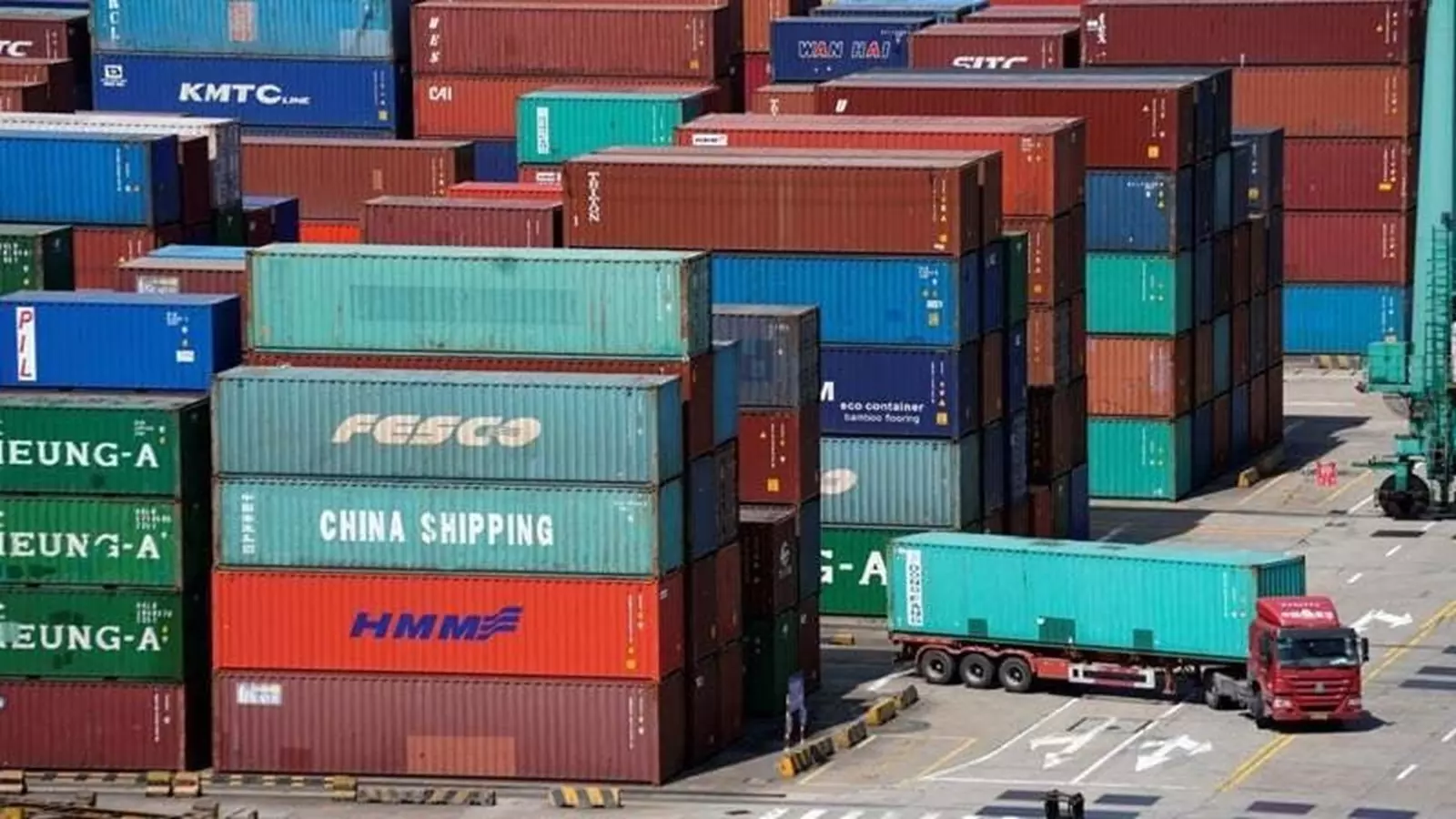
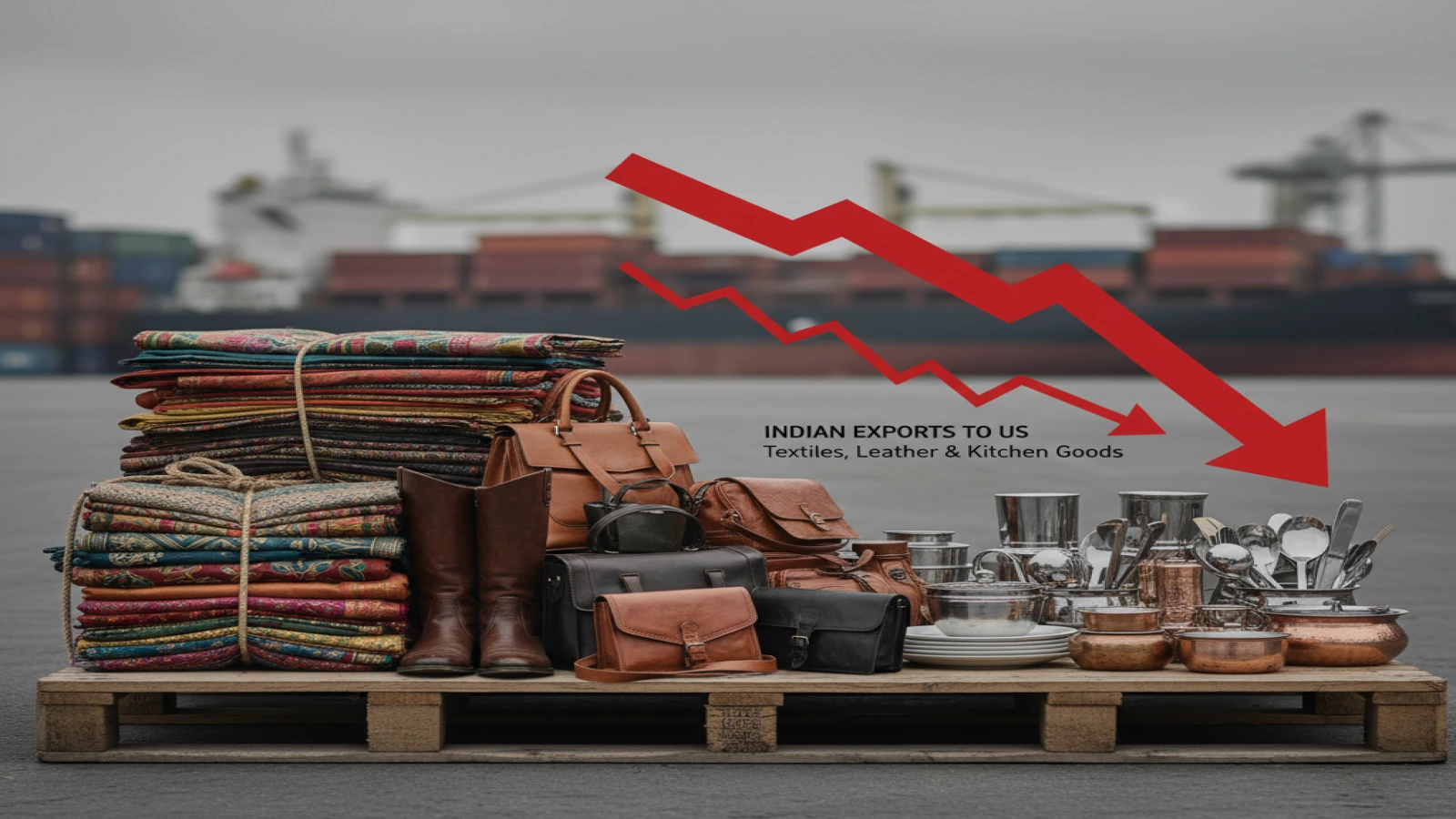



1.webp)
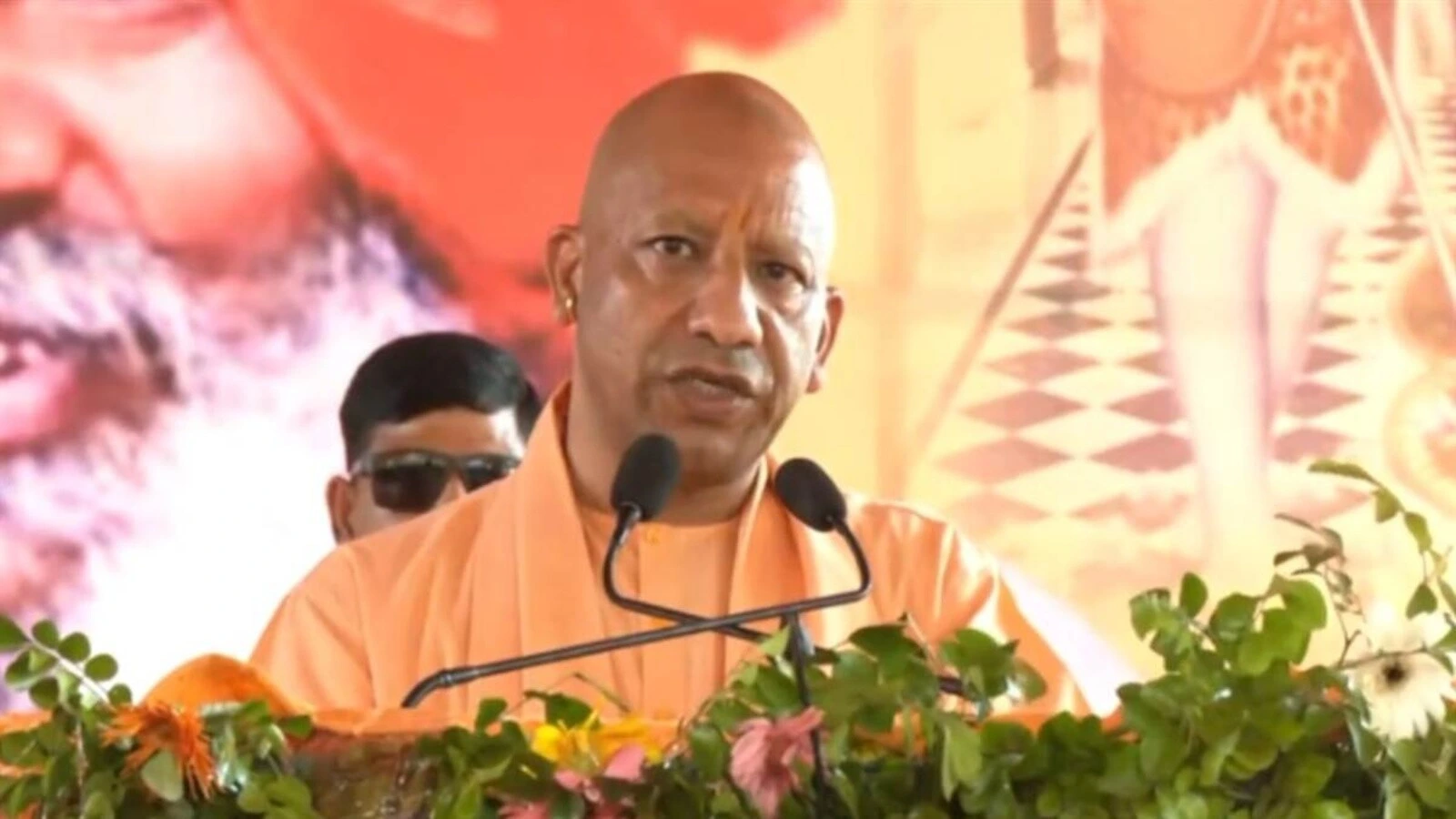
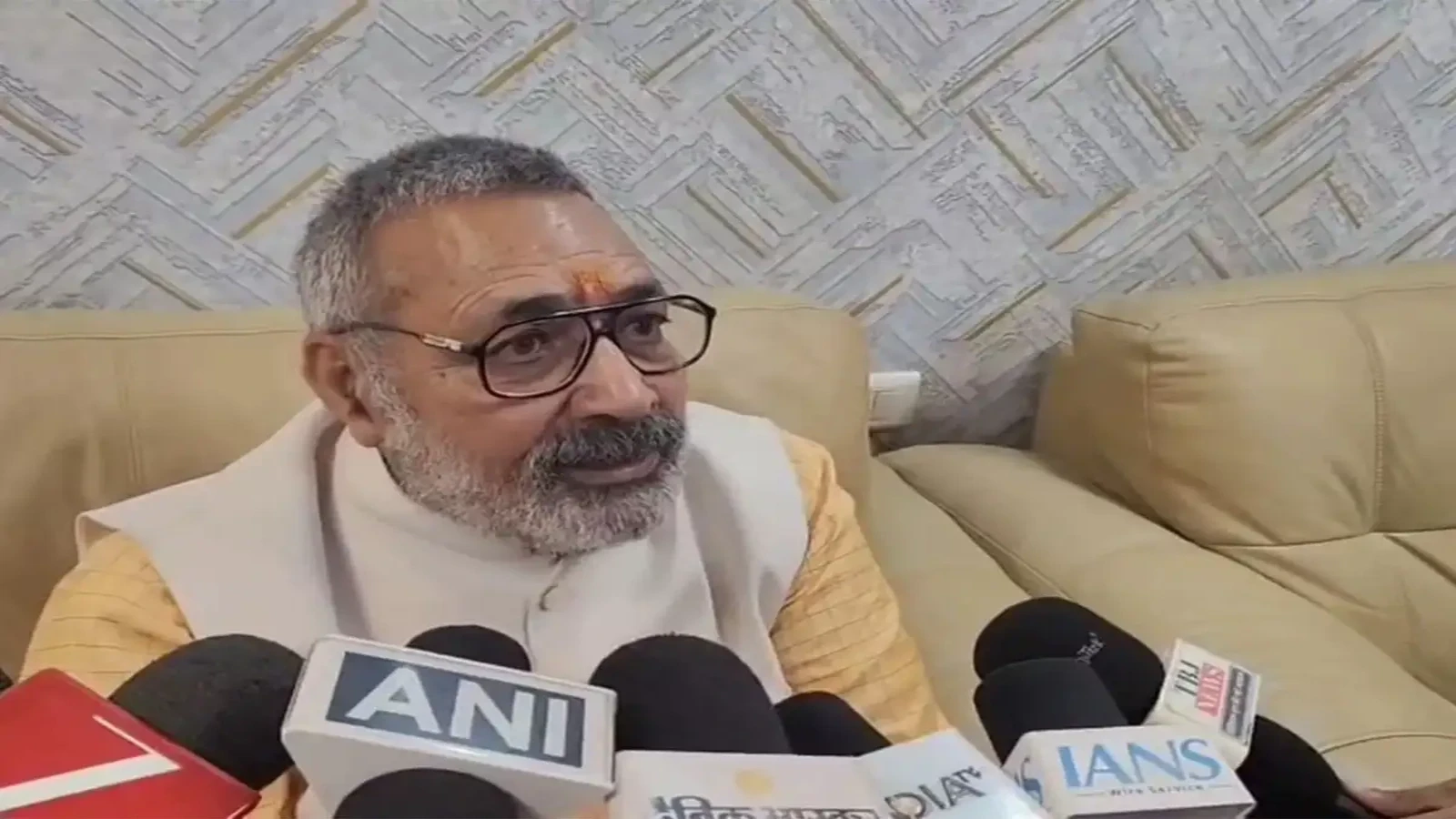

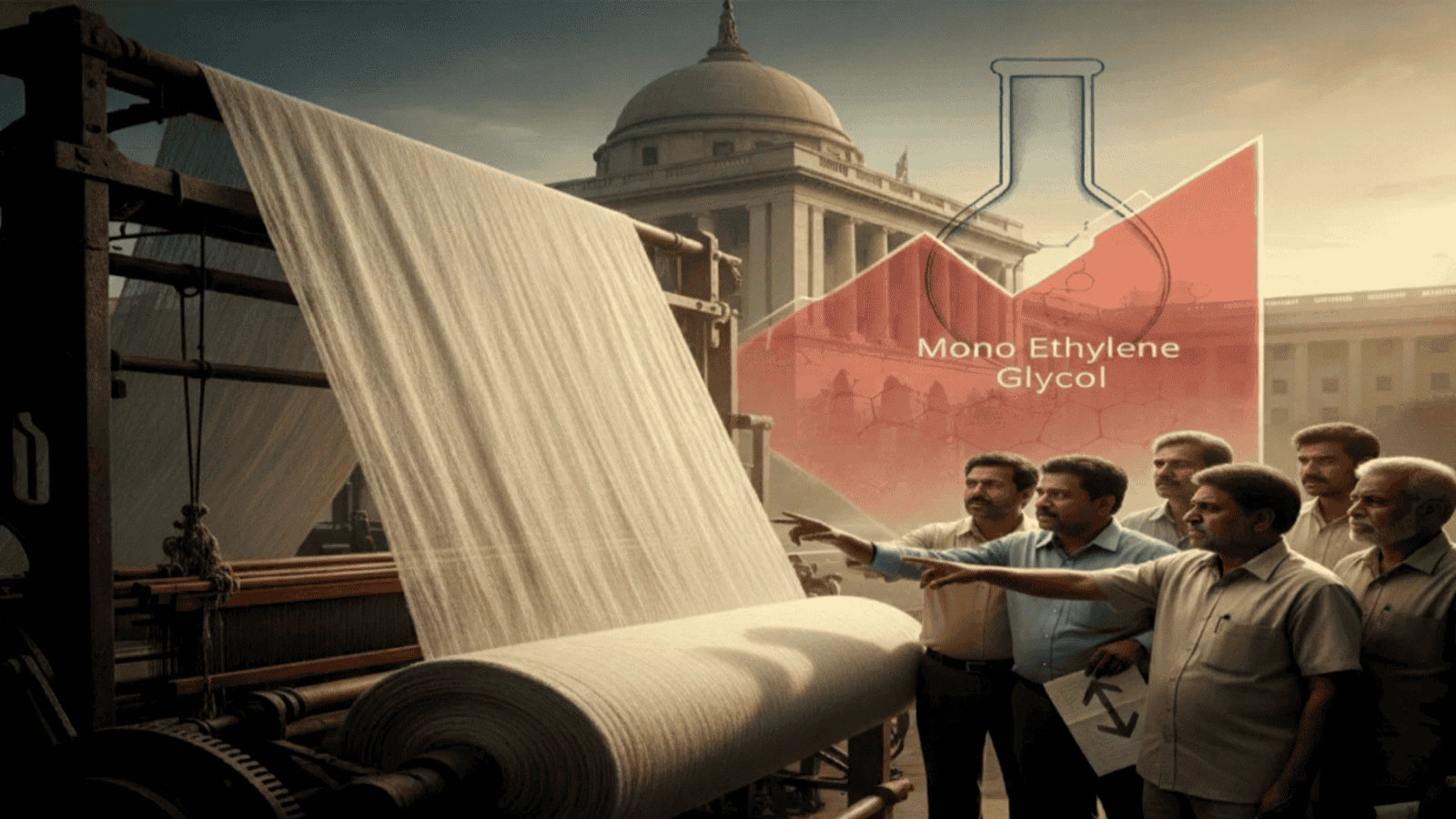


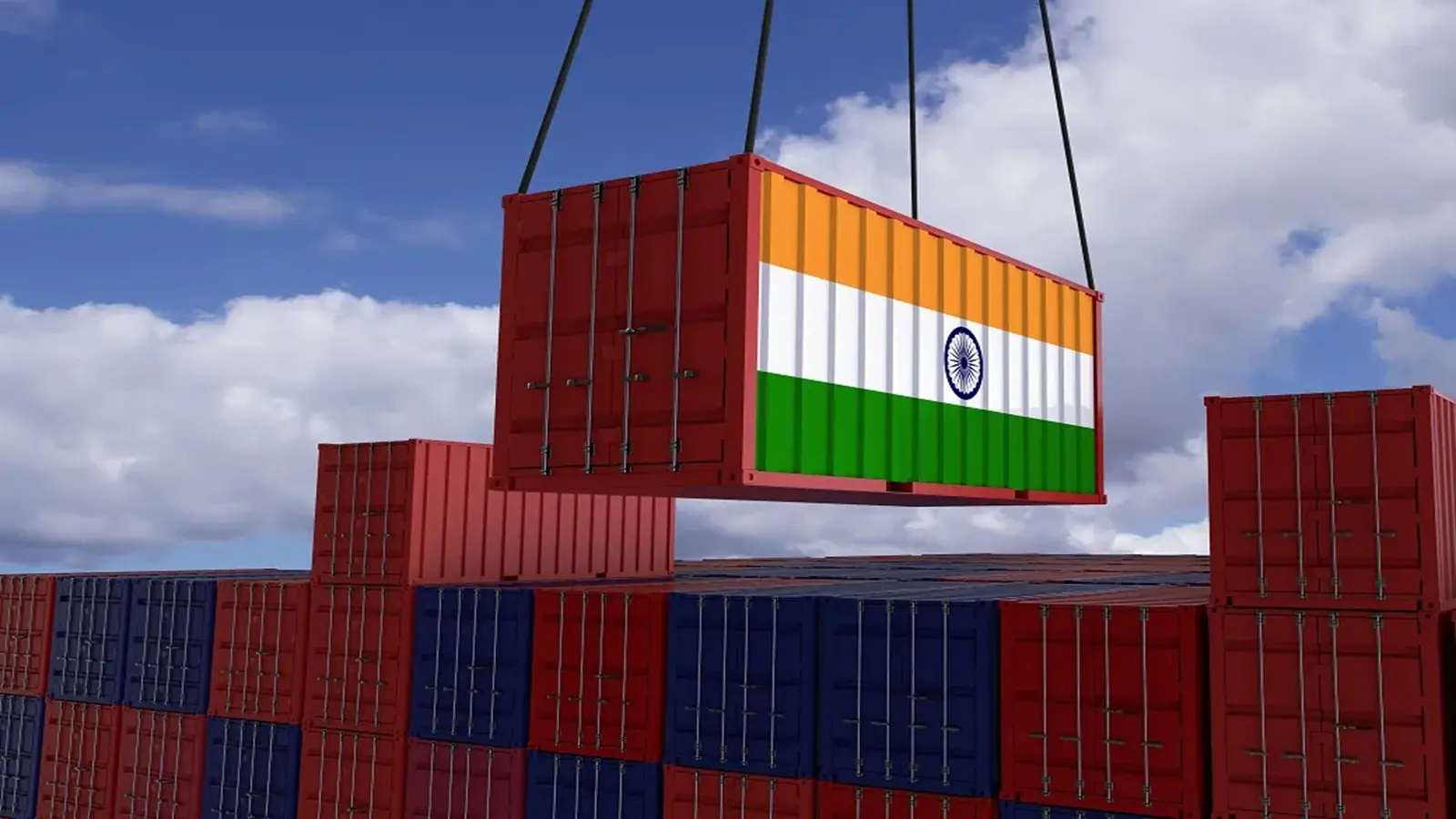

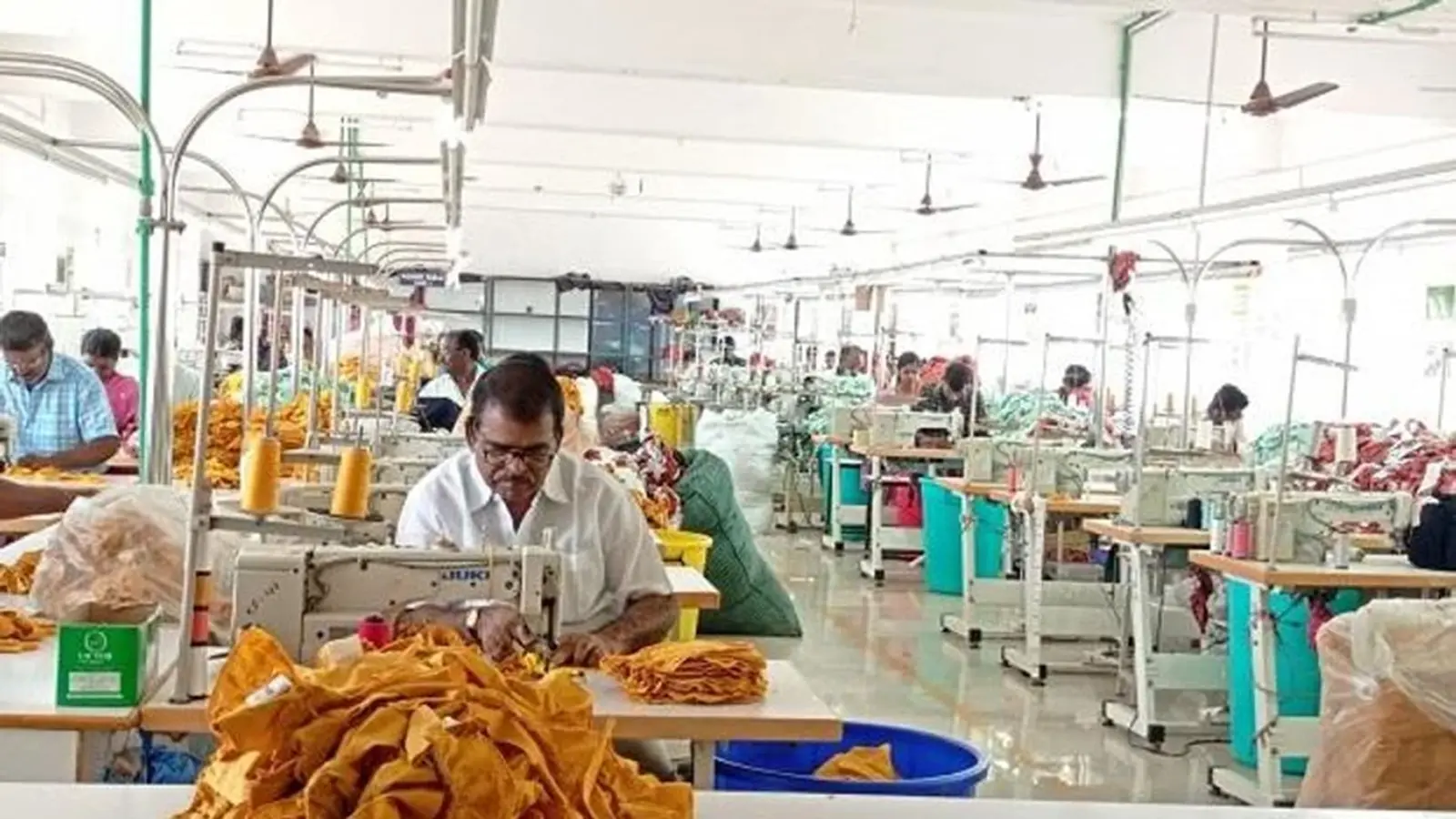



1.webp)


1.webp)

























1.webp)






















1.webp)





1.webp)
1.webp)














1.jpg)






















1.jpg)




























_large1.jpeg)

























































.png)










.jpg)
.jpg)
.jpg)










1.jpeg)